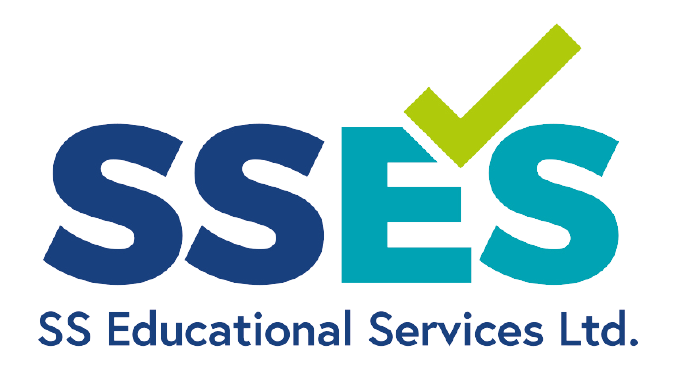Understanding the Youth Support Worker Level 3 Apprenticeship
The Youth Support Worker Level 3 Apprenticeship is a comprehensive programme designed to equip individuals with the skills, knowledge, and understanding necessary to support young people effectively. This apprenticeship, typically lasting 18 months, offers an in-depth exploration of various aspects integral to youth work.
The course covers several key areas. Apprentices gain a deep understanding of young people’s development, the different stages, and the factors influencing their growth and wellbeing. A significant focus is placed on building relationships with young people, involving effective communication skills, rapport building, and the importance of trust and confidentiality. Safeguarding and promoting the welfare of young people is another crucial element, with apprentices learning about safeguarding policies, procedures, and how to recognise and respond to potential risks or concerns.
The apprenticeship also emphasises supporting young people’s participation, promoting inclusion, and empowering young people to engage with their community and society. Additionally, the apprenticeship guides learners in planning and delivering youth work activities and evaluating and reflecting on practice. Through the course, apprentices also cultivate the ability to assess the effectiveness of youth work interventions and use feedback to enhance their practices.
Upon successful completion, apprentices are awarded a Level 3 Diploma in Youth Work Practice, recognised by the National Youth Agency (NYA) in England. This qualification paves the way for various career opportunities. Qualified youth support workers could work in schools, aiding students with social or behavioural issues. They could be part of youth centres, facilitating workshops or activities. Working with charities, they could assist vulnerable young people, or they could contribute their skills to local authorities, shaping and delivering youth services.
The Youth Support Worker Level 3 Apprenticeship equips individuals with the skills and qualifications necessary to support young people effectively. The acquired knowledge and skills carry over into various workplace settings, opening doors to multiple occupational paths. This apprenticeship stands as a testament to the importance and complexity of youth work, illustrating the depth of understanding and skill required to make a positive impact in the lives of young people.
This is where we come in. As an End-Point Assessment Organisation (EPAO), we play a crucial role in ensuring that apprentices are ready to take their skills into the professional world. After the completion of the apprenticeship training, we deliver the End-Point Assessment (EPA), a rigorous evaluation designed to verify that an apprentice has met all the apprenticeship standard’s knowledge, skills, and behaviours.
The EPA consists of two primary assessment methods: an ‘observation with questions’ and a ‘professional discussion underpinned by a portfolio’.
The ‘observation with questions’ is a unique opportunity for apprentices to showcase their practical skills in a real work setting. During this assessment, one of our independent assessors will observe the apprentice engaging in their role, assessing their ability to apply their knowledge and skills in practice. Following the observation, the assessor will ask a series of questions, allowing the apprentice to reflect on their actions and demonstrate their understanding of the tasks they performed. This process ensures that the apprentice can effectively translate their theoretical knowledge into practical application in a real-world setting.
The ‘professional discussion underpinned by a portfolio’ serves as a platform for apprentices to highlight their learning journey. Over the course of the apprenticeship, apprentices compile a portfolio of evidence showcasing their development. This portfolio, which includes work samples, reflections, and experiences, forms the basis for a structured conversation with the independent assessor. During this discussion, apprentices are able to demonstrate their understanding of key concepts, reflect on their growth, and evidence their skills and knowledge in relation to the apprenticeship standard. The portfolio serves as a testament to the apprentice’s learning and progression, providing a robust and comprehensive basis for the professional discussion.
The EPA is a crucial part of the apprenticeship process as it provides an objective measure of an apprentice’s competence. It ensures that all apprentices, regardless of their employer or training provider, meet a consistent and high standard before entering the workforce. As an EPAO, we take pride in upholding this standard and contributing to the development of skilled and competent youth support workers. We’re here to support apprentices in demonstrating their readiness to take their place in the exciting and rewarding field of youth work.


